Discovering the Future: A Guide to Achieving UI/UX Excellence
If you're delving into UX design, you've undoubtedly encountered the term 'information architecture' or its abbreviation 'IA.' Perhaps you've been drawn to IA because of your problem-solving abilities, or you possess a knack for presenting complex data in a digestible manner.
To remain relevant in the competitive tech landscape, achieving near-perfect UI and UX design courses is necessary. The task of an information architect or a UI UX designer is to ensure an optimal user experience, which, as you'll discover, is a challenging feat. Let's demystify what we mean by information architecture. Below, you'll find eight essential principles for designing the IA of a website, the advantages of a robust IA for both users and businesses, and some invaluable tools and processes for designing a website's IA. For those inclined towards audio visual learning, there's a video presented by one of our skilled student advisors.
Are you eager to delve deeper? You can jump to a specific section below or start from the beginning. Let's dive in!
Recently, UI and UX design courses have rapidly evolved, forecasting even more thrilling advancements. As technology molds our world, UI UX designers are pioneering to craft smooth digital experiences.
Future Trajectories and Challenges in UI/UX Design.
AI-Powered Personalization
A dominant trend shaping UI UX design courses is personalization via Artificial Intelligence (AI). Through AI, algorithms can discern user patterns and tastes, enabling designers to curate deeply personalized interfaces. This not only escalates user satisfaction but also fortifies user engagement.
Voice User Interfaces (VUI)
With the upswing of voice-activated gadgets and assistants like Siri and Alexa, the dynamics of user interaction are transforming. UI and UX design courses now integrate VUI design, ushering in many challenges and opportunities for aspiring UI UX designers.
Augmented and Virtual Reality (AR & VR)
AR and VR are not confined to gaming but are infiltrating the healthcare, education, and e-commerce sectors. It beckons UI UX designers to design immersive and user-centric experiences within these virtual domains.
Holistic Cross-Platform Design
UI UX designers are now focusing on delivering consistent experiences across diverse platforms. The essence of responsive design and design systems will be to facilitate users to switch between various devices, retaining a unified experience.
Ethical Design Imperatives
The moral facets of UX design courses are gaining traction. A UI UX designer must now prioritize user security, accessibility, and privacy. Furthermore, they need to address the ethical usage of user data.
Evolving and Adapting
The dynamic realm of UI UX design demands perpetual learning. Professionals must remain updated with technological innovations, constantly enhancing their designs based on user feedback and data analysis.
Collaborative Endeavors
The horizon of UI/UX design envisages reinforced collaboration. Effective communication will be vital, with designers liaising with developers and other key players to craft integrative digital experiences.
In today's data-rich environment, the importance of information architects must be stressed more. Organizations now more than ever need to be conscious of IA, ensuring careful planning so that their content remains organized and logical. For most of us, a seamless experience finding what we're looking for online is not a coincidence but the outcome of meticulous user research and testing. However, a poor user experience often results in users staying on the task within moments.
You Might Also Like
Designing the Future: How Our UI UX Institute in...
Navigating your way to the Top UI/UX Design...
Stay Tuned
Stay up to date with our latest courses.




















.png?width=130&height=53&name=image%2027%20(1).png)


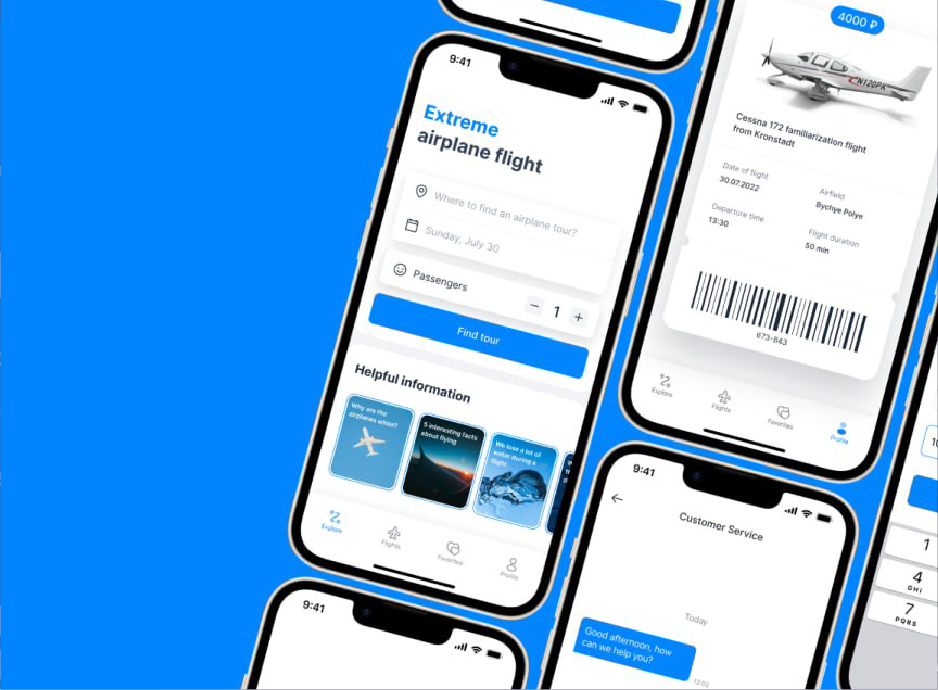




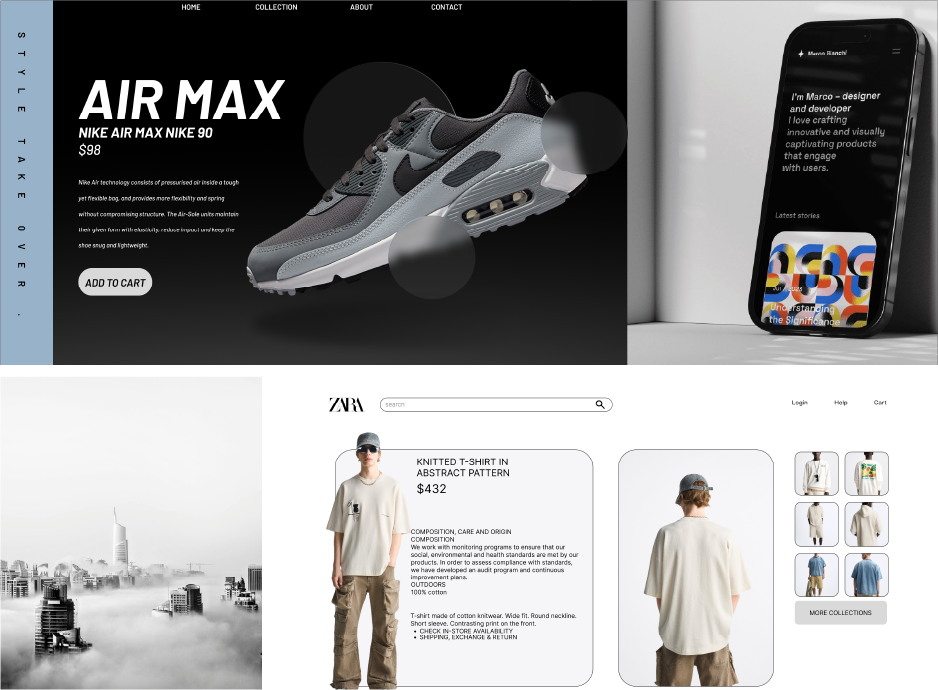


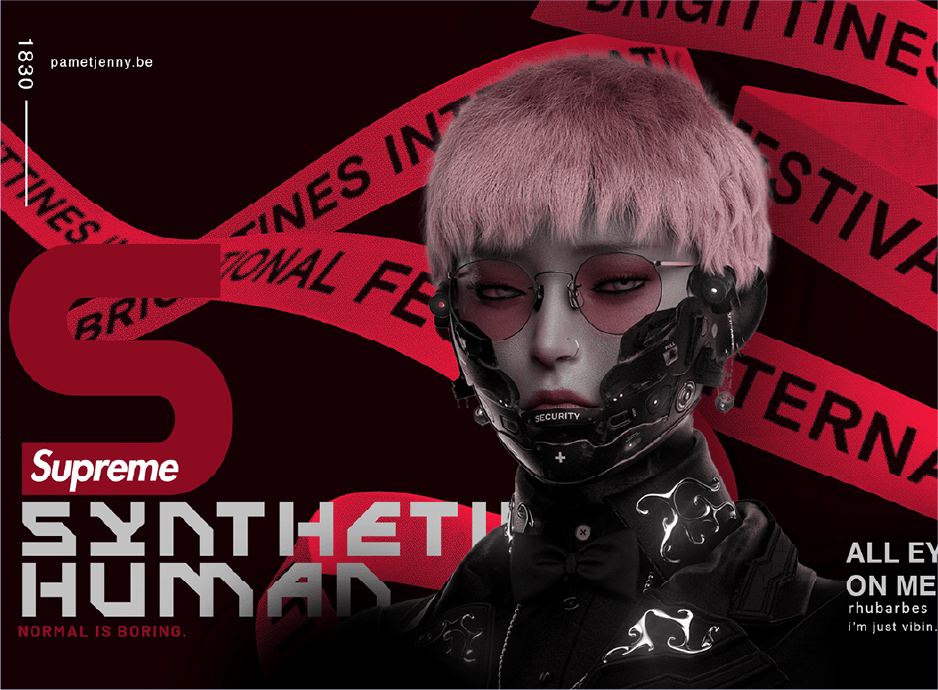



.jpg)



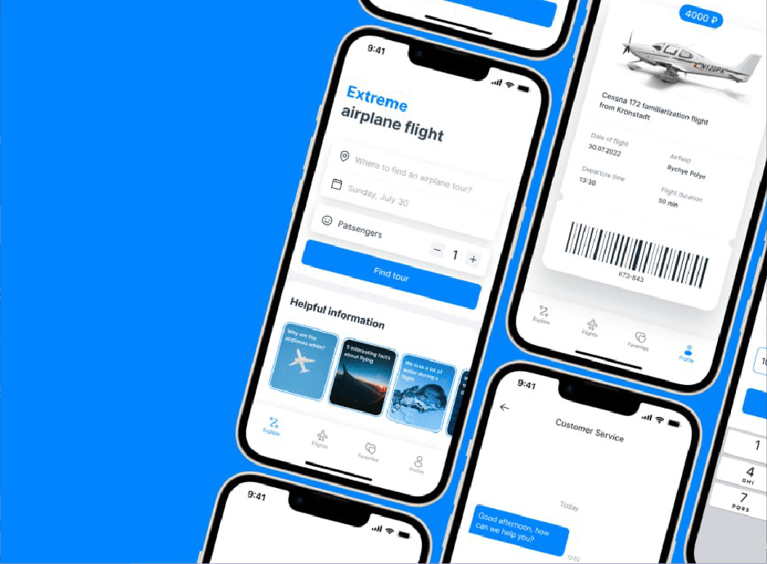




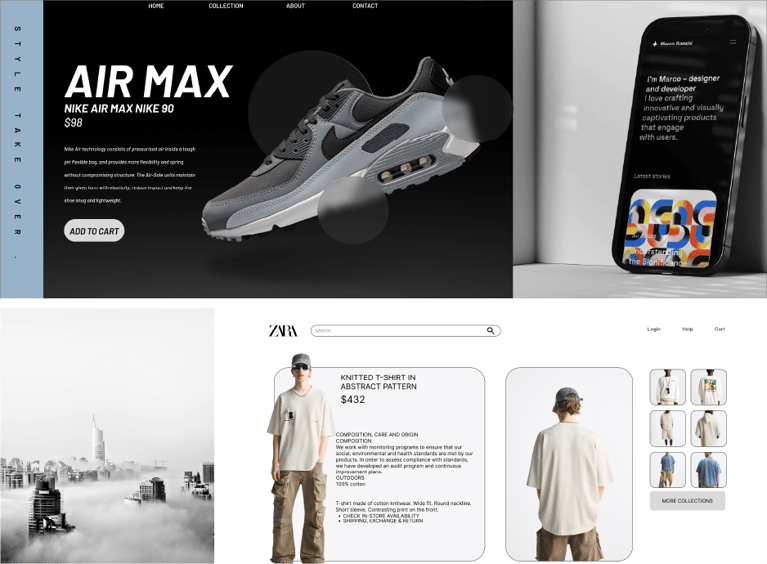


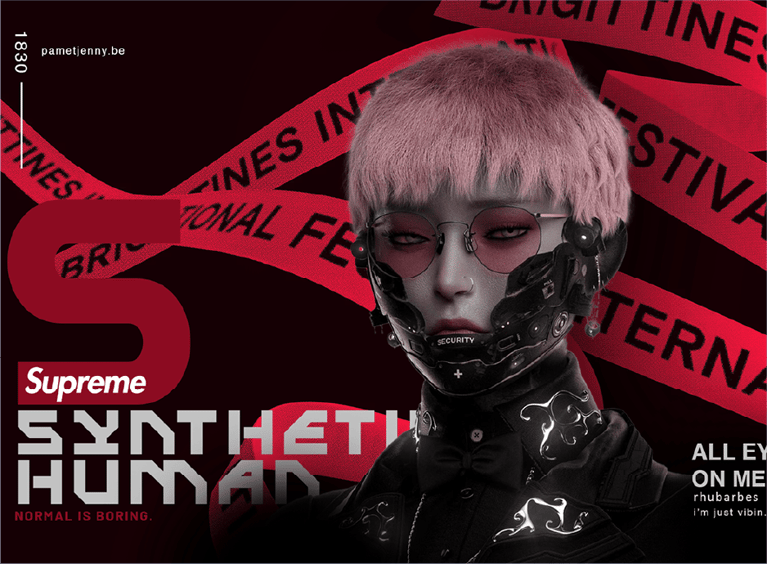



.jpg?width=767&name=movie%20poster%20%20(option%202).jpg)

BOOK A FREE CONSULTATION